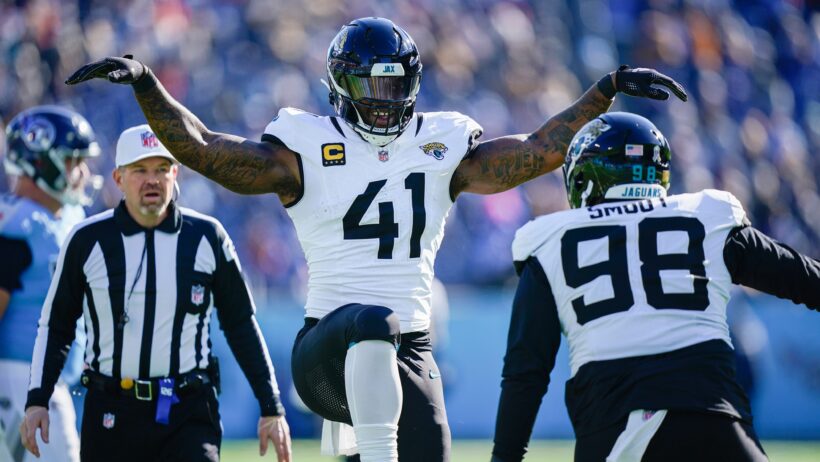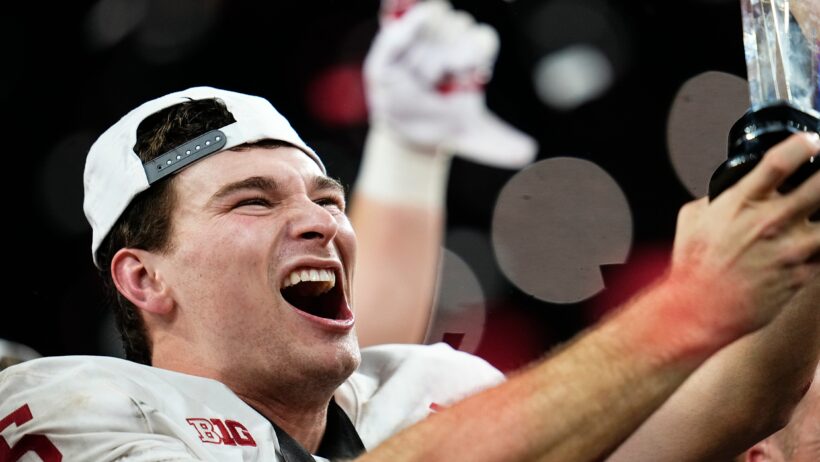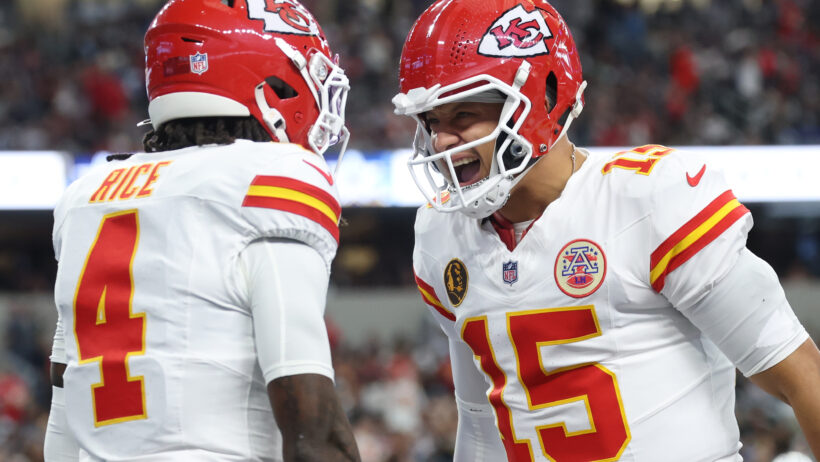Robinhood Files Lawsuits in Nevada, New Jersey Over Sports Event Contracts
By Robert Linnehan in Sports Betting News
Published:

- Robinhood has filed lawsuits against the two gaming officials in Nevada and New Jersey to offer sports events contracts
- Both New Jersey and Nevada previously sent cease-and-desist notices to the prediction market company over its sports offerings
- Robinhood notes it faces “an immediate threat of civil penalties and criminal prosecution.”
On the same day Robinhood Derivatives announced it will be offering college and professional football event contracts to customers, it also filed two lawsuits against New Jersey and Nevada gaming officials who previously attempted to halt the sports offerings.
Robinhood filed two lawsuits in U.S. District Courts of New Jersey and Nevada to prohibit the state gaming commissions from taking action against the prediction market company’s sports event contracts. Robinhood filed separate lawsuits against against Mary Jo Flaherty, the interim director of the New Jersey Division of Gaming Enforcement, and a number of Nevada Gaming Commission members.
Both the New Jersey Division of Gaming Enforcement and the Nevada Gaming Commission issued cease-and-desist letters to Robinhood this past March, attempting to block the company’s sports event contracts from its customers.
Lawsuits Come After New Football Event Contracts
The two lawsuits were filed on Tuesday, Aug. 19, the same day Robinhood announced it had launched professional and college football prediction markets for the first two weeks of each season for its customers.
“Our event contracts, including those for pro and college football, are offered in a compliant, federally regulated way through our CFTC registered Futures Commission Merchant, Robinhood Derivatives. This is a decisive step forward in our mission to democratize finance for all and unlock even more innovative market opportunities for investors,” a Robinhood spokesperson said.
The prediction market company currently allows customers to trade on the outcomes of professional and college football games, including all regular season professional matchups and all college Power 4 schools and independents.
In its filings, Robinhood noted district courts in both states recently provided Kalshi with preliminary relief. Kalshi continues to offer its sports event contracts in both states as their lawsuits continue.
Due to Kalshi being awarded preliminary relief in both New Jersey and Nevada, Robinhood has activated New Jersey and Nevada customers’ access to sports-related event contract trading.
“As a result, Robinhood now faces an immediate threat of civil penalties and criminal prosecution from the Board, along with the attendant reputational harm that any enforcement proceeding by the Board would cause…Robinhood had no choice but to file this lawsuit to protect its customers and its business,” counsel wrote in Robinhood’s lawsuit against the Nevada Gaming Commission.
Robinhood chose not to file a lawsuit in Maryland, as a U.S. district judge in the Old-Line State recently denied Kalshi’s request for a preliminary injunction.
Who Regulates Prediction Markets?
The lawsuits from Robinhood and Kalshi stem from the question of who actually has the power to regulate sports event contracts in the U.S.?
Companies such as Robinhood and Kalshi believe that state regulatory bodies do not have the right to intrude on the government’s “exclusive” authority to regulate prediction market, filing lawsuits in New Jersey, Nevada, and Maryland to defend its practices. These companies believe the Commodity Futures Trading Commission (CFTC) is the only regulatory body that can legally block contracts from being offered to customers.
State regulators equate sports event contracts as sports betting and believe they should have a say in how they’re regulated, taxed, and licensed.
The prediction market companies believe their offerings are not required to comply with state laws, as they have been preempted by the Commodity Exchange Act.

Regulatory Writer and Editor
Robert Linnehan covers all regulatory developments in online gambling and sports betting. He specializes in U.S. sports betting news along with casino regulation news as one of the most trusted sources in the country.



